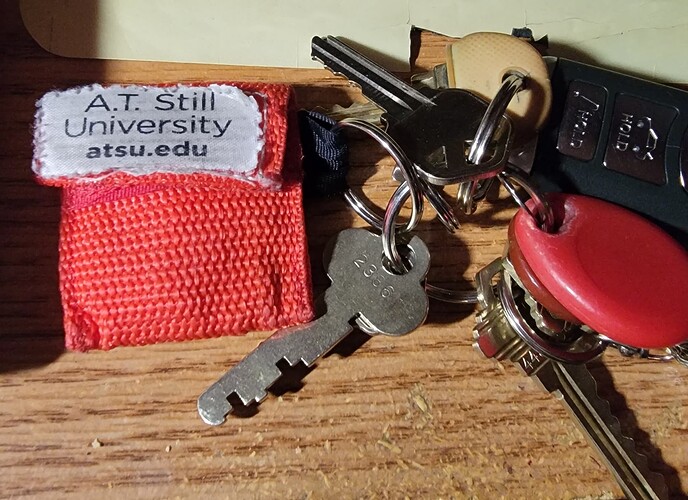@David_Stanete recently wrote a good overview of how he’s looking at the Aging Therapeutics Market. He’s a tech guy who is working to migrate over to the Aging / Longevity field, so is doing a deep dive into the longevity space.
If you’re interested in doing something similar, this might be helpful.
One interesting tactic I’ve seen companies use to accelerate their time to market, and reduce development risk, is to in-license drugs from third parties, that target the aging pathway they are interested in. For example BioAge Labs (Kristen Fortney and her team) in-licensed a drug from a Japanese pharma company that had already gone through phase 1 trials (I think Kristen also said they had also done a phase 2 trial) in Japan, but failed in its outcome measures in Asthma. So - they know the drug is already safe in humans. See: BioAge Signs Exclusive License Agreement with Taisho to
David’s post:
over the past weeks I’ve been trying to understand which type of aging therapeutics are more likely to become a product in the short term and which will only reach the market after many iterations. Iterations on the science, technology, deployed capital, regulation, public opinion, distribution channels, marketing, talent pool and the market itself.
But I struggled to find a good mental model that could be useful for this product focused perspective. Initially, to visualize where the space is now, I grouped companies based on the hallmarks of aging they attempt to target: deregulated nutrient sensing, chronic inflammation, cellular senescence, etc. Then, I tried grouping them by the technologies they employ: small molecules, regenerative medicine, cellular reprogramming, etc. And finally I tried using several parameters (hallmark, technology, investment, size, etc.) to form clusters of similar companies:
Full article here:
4 Likes
I guess Fecal microbiota transplantation (FMT) would be level 2? This seems to be a less sexy place startups want to be, probably because there seems to be less money to be made here. But from a consumer POV, one of the great potential things about FMT is that the gut microbiome change they enable lasts a long time (months), unlike say, probiotics which companies are happy to sell to you with subscriptions.
Safety (among other things) is the big issue with FMTs, so I understand why startups wouldn’t want to go there.
2 Likes
I’ll add that as a consumer, the ideal anti-aging interventions for me would be intermittent and long-lasting. Weekly Rapamycin is a good example, although I wish the cadence was monthly or annually (we need studies for this). Statins are a bad examples, because you have to take them every day.
It looks like things we can expect interventions in levels 3 and above to have these characteristics.
I agree… the less often the better. One of the issues I have with Acarbose is that you have to take it with every meal… and thats more of a hassle than I’d like. With the SGLT2 inhibitors, they have a much longer half-life, so you only need to take it once per day.
And Rapamycin is even better because its only once per week, or once every two weeks. So yes - frequency of dosing is a valuable metric to consider.
2 Likes
RapAdmin wrote… one of the issues I have with Acarbose is that you have to take it with every meal… and that’s more of a hassle than I’d like.
I agree… I have a little cloth pocket on my key chain… with Acarbose in a little plastic bag. Very handy as my keys are always with me. Lol.
Forgot the pocket in my pants and It went through the wash and dryer and pills were fine.
Just an idea to have the Acarbose pills ready wherever…whenever… lol.
5 Likes
Hello, administrator, I think you make a lot of sense. By the way, can I ask if you take 100mg of Acarbose every day with three meals, or only take it with meals that contain more carbohydrates? If it’s a meal with very few carbohydrates, do you still take 100mg? Do you take it whenever there are carbohydrates in a meal, regardless of the amount? Also, do you take Sitagliptin at the same time? Thank you.
1 Like
I only take the acarbose with starchy meals. I don’t take any sitagliptin.
2 Likes

